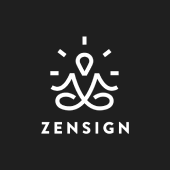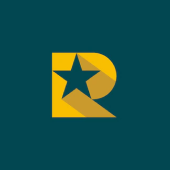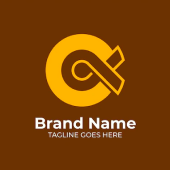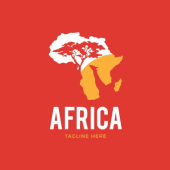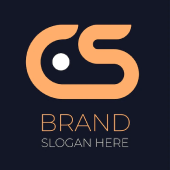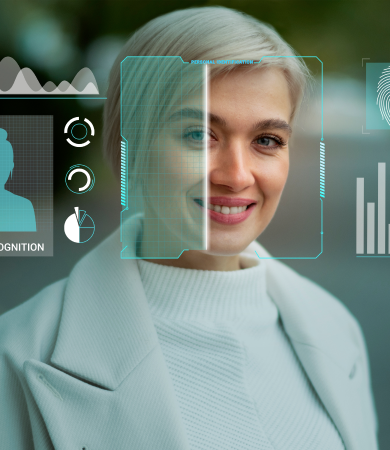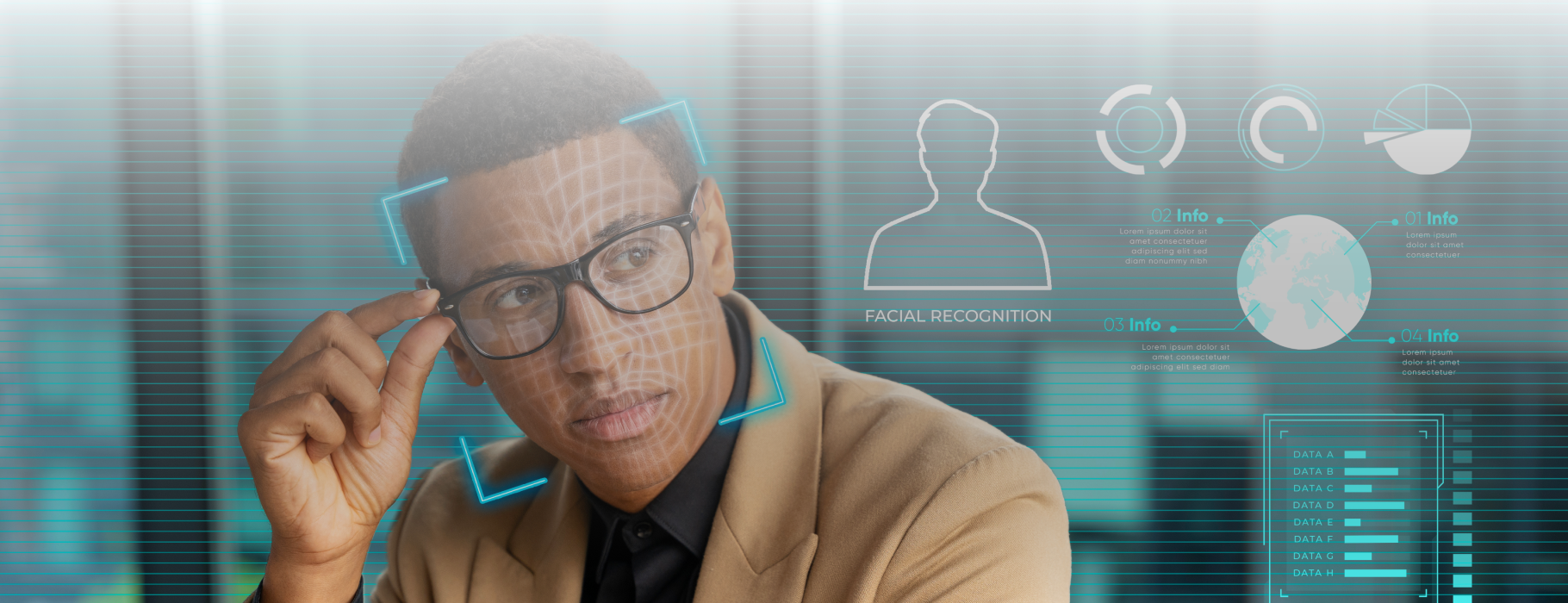
Artificial Intelligence (AI) is becoming a game-changer for Human Resources (HR
offering the opportunity to simplify and improve processes like recruitment and
employee management. AI is not just about automating mundane tasks—it is a powerful tool that can help HR teams work smarter, provide valuable insights, and make more informed decisions. But while AI holds great potential, many companies are still figuring out how to embrace it fully and put it to good use.
At THCO, we’ve seen firsthand how AI can revolutionize recruitment through our
platforms, Momia AI and Talen AI. These tools help businesses find the right tale
more efficiently and with greater accuracy. But it is not just about speed—AI is a
about enhancing the quality of decision-making in HR by cutting down on the biases
that can creep into hiring and talent management.
One of the biggest fears around AI is that it will withdraw jobs. But experts, including
Hung Lee from Recruiting Brainfood, suggest that rather than replacing workers, AI is
transforming roles. In HR, AI handles repetitive tasks, freeing up HR professionals to
focus on more meaningful, creative work. Instead of fearing job losses, companies
should view AI as a tool that complements human effort, driving productivity and
improving results.
Hung Lee also pointed out that AI adoption is not just a trend—it is inevitable. He urges
HR leaders to begin integrating AI into their operations sooner rather than later. But, as
he explains, the real value lies not in simply using AI to accelerate processes but in
reinvesting the time and resources it saves into areas that truly benefit the organization such as employee development or enhancing company culture.
Incorporating AI into HR workflows does not mean losing the human touch—it means enhancing it. By using AI to handle repetitive tasks, HR teams can dedicate more time to the strategic and human aspects of their work, ultimately leading to better outcomes for
the business and its employees. With the right approach, AI can be a key partner in
building more efficient, effective, and innovative HR operations

To unlock the potential of AI in HR truly and talent acquisition, it is important to first have a clear understanding of your business’s specific needs. Knowing where and how AI can be most effectively applied ensures that these tools deliver real value, rather than
just adding more complexity to your operations.
At THCO, we recognize that AI isn’t a one-size-fits-all solution. Our platforms, Momia
and Talen AI, are designed to help businesses streamline their recruitment and talent
management processes by addressing their unique challenges. AI tools can be used to automate key tasks like posting job openings, sourcing candidates, handling initial
screenings, and even analyzing data to make more informed decisions.
By reducing the
time spent on these repetitive tasks; HR professionals are freed up to focus on more
strategic aspects of their roles.
For example, large language models like ChatGPT are powerful tools for optimizing HR
processes, such as drafting job descriptions or assisting employees with their
questions.
But it is important to carefully evaluate different AI solutions to find the rig
fit for your organization’s goals and needs. Not every AI tool will be a perfect match, a
it is crucial to take the time to assess which ones can help solve your specific
challenges.
AI adoption in HR is rapidly gaining traction. A recent survey revealed that 85% of HR
leaders are already exploring or using AI to enhance efficiency. However, m
organizations still face challenges in fully integrating AI with their existing
systems—47% of companies cite this as a major barrier to adoption. Despite this, a
staggering 96% of HR managers using AI believe that these tools have significantly c
down costs.
The Benefits of Using AI in HR
AI has become an invaluable tool for HR departments, offering a range of benefits the
help streamline operations and enhance decision-making. At THCO, we recognize how
powerful AI can be in transforming recruitment and talent management. Our AI
platforms, Momia AI and Talen AI, are designed to bring these advantages to
organizations, making HR tasks more efficient, cost-effective, and unbiased
1. Saving Time One of the most immediate benefits of AI in HR is its ability to save time
By automating tasks that are often repetitive and time-consuming, HR professionals can
focus on higher-level tasks that require human insight and judgment. For example,
during the recruitment process, AI can quickly sift through large numbers of resumes
and applications, matching candidates to job requirements with precision. This
significantly reduces the time spent on manual screening while ensuring that human oversight remains in place to maintain fairness and accuracy.
2. Reducing Costs AI tools are incredibly efficient and can accomplish tasks in a fraction
of the time it would take a human. This efficiency leads to considerable cost savings
businesses. AI can analyze vast amounts of data, identify patterns, and help HR teams
allocate resources more effectively. With platforms like Momia AI and Talen AI,
companies can optimize their recruitment efforts and cut down on operational costs,
ensuring that their budgets are spent wisely while still achieving high-quality results.
3. Minimizing Bias AI has the potential to reduce bias in hiring by focusing on
candidates’ skills and qualifications rather than irrelevant personal details like agender, or location. This shift helps create a more equitable recruitment process.
However, it is important to acknowledge that AI systems can inadvertently perpetuate
biases if they are trained on biased data. That’s why at THCO, we make it a priority to
design and train our AI platforms with diverse and unbiased datasets to ensure that
hiring decisions are fair and inclusive.
4. Improving the Employee Experience AI is not just about recruitment; it can also
enhance the experience of existing employees. By automating routine tasks, employees
can spend more time on meaningful work that adds value to the organization. AI tools
can also help employees build valuable technical skills, making them more adaptable in
an increasingly digital world. When employees feel supported by efficient, user-frien
systems, it can boost morale and productivity, improve retention rates, and contribute to a positive company culture.
At THCO, we understand that AI can be a game-changer in HR, and our
platforms—Momia AI and Talen AI—are designed to make these benefits a reality.
embracing AI in HR, businesses can not only streamline operations but also create a
more inclusive, efficient, and supportive work environment
HR Teams Are Leveraging AI
Artificial intelligence (AI) is revolutionizing human resources, offering solutions across
wide range of tasks. Here are some of the most common ways HR teams are using AI:
1. Recruitment and Talent Acquisition:
AI has become a cornerstone in modern recruitment, streamlining the hiring process
from start to finish. Here’s how it is being used
Sourcing: AI-driven tools can identify candidates with the right skills and competencies
by scanning databases, professional networks, and online platforms. This capability is
particularly useful for finding passive candidates who may not be actively job huntin
Screening: AI solutions can analyze large volumes of applications to identify the most qualified candidates, reducing the time spent on initial review
Interviewing: Automated tools can handle interview scheduling and even suggest
customized interview questions based on a candidate’s profile
2. Administrative HR
AI is a powerful tool for automating repetitive administrative tasks, freeing up
HR professionals to focus on strategic activities. Key use cases include:
Data Management: AI can update and maintain internal records, ensuring accurate and
up-to-date information without manual input.
Candidate Communication: Automated systems can send timely updates to job
applicants throughout the hiring process, reducing the risk of oversight.
Scheduling: AI-powered tools can simplify meeting coordination, finding mutual
convenient times for interviews and internal meetings.
3. Employee Management
AI supports employee management by improving development opportunities and
fostering a positive workplace environment:
Learning and Development: AI can assess individual needs and recommend
personalized upskilling or development programs based on employee performance
data.
Well-being Monitoring: AI tools can track employee workload and engagement,
providing insights that help HR address burnout risks and promote a healthy workplace.
Internal Mobility: By analyzing skills and performance data, AI can identify opportunities
for employees to transition into new roles within the organization.
4. Insights and Data Analysis
In a data-driven world, AI enables HR teams to gain deeper insights into recruitment,
performance, and overall efficiency
Performance Metrics: AI can evaluate employee performance and recruitment success, offering actionable insights to optimize processes.
Data Handling: AI tools simplify the management and analysis of large datasets, leading to more informed decision-making and improved HR strategies.
Challenges and Concerns with AI in HR
While AI offers numerous advantages, it is important to address the potential
challenges and risks it introduces:
1. Role Transformation
As AI automates tasks, certain HR roles may evolve or become obsolete. Organizations
must invest in reskilling their workforce to adapt to these changes. According to IBM,
40% of the workforce will require reskilling within the next three years due to AI and
automation.
2. Employee Privacy
AI can monitor performance and well-being, but transparency is key. HR teams should
involve employees in understanding how their data is collected and used. Regular
feedback from employees can also guide adjustments to ensure fairness and trust.
3. Dependence on Human Expertise
AI should complement, not replace, human expertise. While it enhances efficiency,
professionals’ judgment, experience, and empathy remain essential for delivering quality results.
4. Ethics and Legal Compliance
AI use in HR must align with ethical and legal standards. As regulations like the EU AI
Act continue to evolve, companies must stay informed and compliant to avoid ethical
pitfalls.
One of the key areas where HR leaders are eager to see improvement is in screening
and assessments during the hiring process. AI can help make these steps faster, more
accurate, and less prone to bias—leading to better hiring decisions overall.
By carefully choosing and integrating AI solutions like Momia AI and Talen AI,
businesses can enhance their recruitment strategies, improve decision-making, and
ultimately achieve greater success in attracting and retaining top talent. AI is not just a tool for the future—it’s already making a difference in HR today

